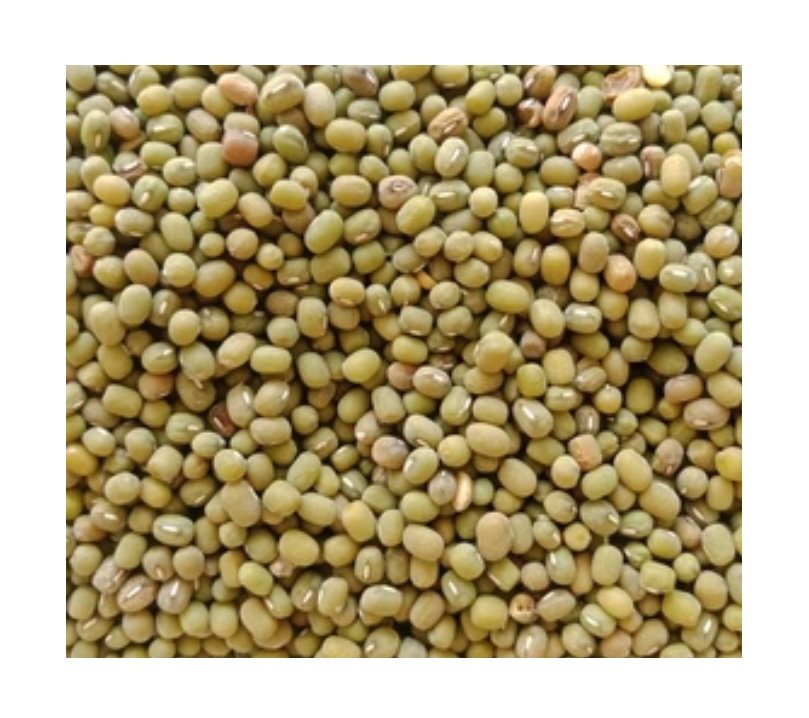The PM emphasises various measures adopted by the government for the agri sector
Prime Minister Narendra Modi addressed a webinar on the positive impact of Union Budget 2022 in the agriculture sector. He discussed how the Budget will contribute to strengthening the sector. The webinar was focussed on ‘Smart Agriculture’- Strategies for implementation. Concerned Union Ministers, representatives of state governments, representatives from industry and academia and farmers through various Krishi Vigyan Kendras were present on the occasion.
At the outset, the Prime Minister noted the third anniversary of the launch of PM Kisan Samman Nidhi. “This scheme has become a strong support for the small farmers of the country. Under the scheme, almost Rs 1.75 lakh crore has been given to 11 crore farmers,” he said. The Prime Minister talked about many new systems spanning from seed to market and also about the reforms in the old systems in the agriculture sector.
“In just six years agriculture budget has been increased manifold. Agriculture loans for farmers were also increased by two and half times in the last seven years”, he added. He pointed out that during the difficult period of the pandemic, three crore farmers were given Kisan Credit Cards (KCC) as part of the special drive and the facility of KCC was extended to farmers engaged in animal husbandry and fisheries. Micro-irrigation network has also been strengthened to the great benefit of the small farmers,” he said.
The Prime Minister elaborated on the seven ways in which the Budget proposes to make agriculture modern and smart. Firstly, The target is to undertake natural farming on mission mode within five kilometres on both the banks of the Ganges. Secondly, modern technology in agriculture and horticulture will be made available to the farmers. Thirdly, emphasis has been laid on strengthening Mission Oil Palm to reduce the import of edible oil. Fourthly, new logistics arrangements will be made through PM Gati-Shakti’s plan for the transportation of agricultural products. The fifth solution in the Budget is better organisation of agri-waste management and increasing farmers’ income through waste to energy solutions. Sixthly, more than 1.5 lakh post offices will provide services like regular banking so that farmers are not troubled. Seventh, Agri research and education syllabus will be changed as per demands of modern times about skill development and human resource development.
The Prime Minister noted the year 2023 is recognised as the International Year of Millets and called upon the corporate world to come forward in branding and promoting Indian millets. He also asked major Indian missions abroad to organise seminars and other promotional activities to popularise the quality and benefits of Indian millets. The Prime Minister also asked for leveraging increasing awareness for environmental-friendly lifestyle and resulting market for natural and organic products. He exhorted the KVKs to create awareness for natural farming by adopting a village each for the promotion of natural farming.
Modi emphasised the need for increased soil testing culture in India. Highlighting the government’s focus on the Soil Health Cards, he called upon the startups to come forwards to facilitate the practice of soil testing at regular intervals.
Emphasising innovations in the irrigation field, the Prime Minister underlined the government’s focus on ‘per drop, more crop’. He said there are many possibilities for the corporate world in this too. He also mentioned the transformation that will be brought about by the Ken- Betwa link Pariyojana in the Bundelkhand region. He also reiterated the need to quickly complete the pending irrigation projects.
The Prime Minister stressed that artificial intelligence is going to completely change the trend related to agriculture and farming in the 21st century. The increasing use of drones in farming is part of this change. “Drone technology will be available on a scale only when we promote agri-startups. In the last three to four years, more than 700 agri startups have been created in the country”, he added.
He said that the government has been trying to increase the scope of processed food and ensure international standards of quality.
The Prime Minister emphasised the management of agri-residue (parali). “For this, some new measures have been taken in this budget, due to which carbon emission will be reduced and farmers will also get income,” he said. He also asked to explore ways of using agri-waste for packaging.
The Prime Minister also touched upon the potential in the field of ethanol where the government is moving ahead with a goal of 20 per cent blending. The blending has reached near 8 per cent compared to 1-2 per cent in 2014, he informed.
The webinar was attended by Union Minister for Agriculture and Welfare Narendra Singh Tomar, Minister for Consumer Affairs, Food and Public Distribution, Textile, Commerce & Industry, Piyush Goyal, Minister for Fisheries, Animal Husbandry and Dairying, Parshottam Rupala, Minister for Food Processing Industries, Pashupati Kumar Paras, Minister of State for Agriculture, Kailash Chaudhary, Minister of State for Cooperation BL Verma, Minister of State for Information and Broadcasting, L Murugan and other ministers, Vice Chairman of NITI Aayog, Prof. Rajiv Kumar and Secretaries of concerned Departments, KVKs, ICAR Institutes, ATMA and farmers of the country.
The webinar had an open discussion on five breakout sessions namely Natural Farming and its outreach, Emerging High-Tech and Digital Agri Ecosystem, Bringing Back Glory of Millets; Moving Towards Aatmanirbharta in Edible Oil, Sahkarita Se Samridhi, Financing Investment In Value Chain Infrastructure in Agriculture & Allied Sector with Stakeholders of respective fields.
The PM emphasises various measures adopted by














